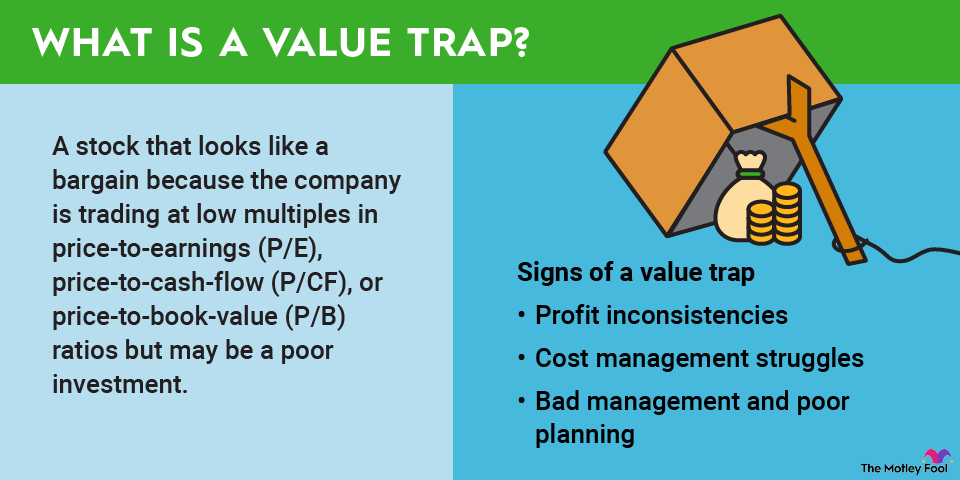If you've ever used an in-game currency like Second Life's Linden or bought a plane ticket with frequent flyer miles, you've used a virtual currency. A virtual currency is a type of digital currency that only exists in electronic form and includes many types of currencies, including cryptocurrency.
Virtual currency can provide several advantages over fiat currency for businesses and individuals, and they exist across various industries, including gaming, travel, and finance.

What makes up a virtual currency?
A virtual currency is completely digital. Unlike other digital currencies, which are simply electronic representations of a currency, virtual currencies can only be used electronically.
For example, a U.S. dollar could be represented by a $1 balance shown in your bank account. That's a digital currency. But if you withdraw that $1 from your bank account, you'll receive a green piece of paper with George Washington's face on it. That's no longer a digital currency.
If you try to withdraw your airline miles from your frequent flyer account, the airline is going to think you're crazy. That's because it's a form of virtual currency. There's no physical representation of it.
There's no central bank backing a virtual currency like there is for the U.S. dollar. In fact, in the case of cryptocurrency, there's no central authority at all. The currencies are distributed by private parties or networks. Furthermore, virtual currencies have limited regulation around the world.
Some virtual currencies have restricted use cases. For example, virtual gold collected in World of Warcraft doesn't have much use outside of the game. Others, however, such as Bitcoin (BTC +5.23%), can be transacted freely for any type of good or service you can think of.
Types of virtual currencies
Closed
A closed virtual currency exists only in a private economy like that of a massively multiplayer online game. There's no exchange of outside currency for the closed virtual currency or vice versa. As such, they can only be used to pay for things within the environment where they were earned.
Note that some closed virtual currencies may be bought and sold on the gray market, but that essentially requires two transactions: one where the virtual currency is transferred to another party in exchange for nothing, and another in the real-world economy where fiat currency is transferred for nothing.
Virtual currencies with currency flow in one direction
Some virtual currencies allow you to buy them using fiat currency, but you cannot exchange them back once you purchase them. Examples of these include in-game currencies, loyalty programs such as frequent flyer miles, vouchers or coupons, and gift cards.
You may be able to earn these virtual currencies within their own economies, but you can also purchase them with fiat currency. Once you've acquired one of these virtual currencies, they're only good within the private economy in which they were created. For example, you probably can't use your frequent flyer miles to pay for a new computer.

Convertible
Convertible virtual currencies, as the name implies, can be converted to other digital currencies. Cryptocurrencies, for example, are for the most part convertible. You can convert Bitcoin into any other cryptocurrency or exchange it for fiat currency on any cryptocurrency exchange.
Other convertible virtual currencies include Second Life's Linden, which players can exchange for fiat currency through the LindeX exchange on the game developer's platform. Credit card transferable points programs may also be considered convertible virtual currencies. Most credit card companies offer the option to redeem points for a statement credit in U.S. dollars, or you can transfer them to certain frequent flyer or hotel loyalty programs.
Virtual currency, digital currency, and cryptocurrency
Virtual currency, digital currency, and cryptocurrency are tightly related terms. One way to think of them is like Russian nesting dolls. All cryptocurrencies can be found inside the virtual currency doll, and all virtual currency dolls are found within the digital currency doll.
In other words, all cryptocurrencies are virtual currencies, but not all virtual currencies are cryptocurrencies. Likewise, all virtual currencies are digital currencies, but not all digital currencies are virtual currencies.
Examples of virtual currencies that aren't cryptocurrencies include in-game currencies and frequent flyer miles. Examples of digital currencies that aren't virtual currencies include the U.S. dollars represented by my bank statement or any other fiat currency not held in physical form.
Related investing topics
Pros of virtual currency
- Faster transactions. Virtual currencies are designed to clear transactions almost instantly. There's no need to wait for a clearing house or cross-border remittance service to ensure the money ends up where it's going. Even a slow cryptocurrency transaction is confirmed within an hour, whereas it typically takes days to settle other digital currency payments.
- Lower-cost transactions. The cost of transacting in virtual currency can be free, which saves businesses and consumers money. In the case of sending money internationally, using cryptocurrency is often less expensive than traditional services.
- No manufacturing or storage costs. Since virtual currency is strictly electronic, there's no cost to produce a physical representation of the currency as there is with most central bank-backed currency.
- Improved cash flow for businesses. Businesses can sell their virtual currency to increase cash flow without having to provide any goods or services in return. For example, airlines sold frequent flyer miles to credit card companies in 2020 to bolster cash flow during a time when travel plummeted.
- Eliminate intermediaries. Cryptocurrencies provide a decentralized monetary system that allows two transacting parties to directly connect instead of relying on a bank or third party as an intermediary. This may be preferred in some instances.
Cons of virtual currency
- A target for hackers. As virtual currencies rise in popularity, hackers can find significant amounts of value stored on computers. Cryptocurrency exchanges have been targeted, as have travel loyalty programs. If a hacker gets access to virtual currency, it can be tough to get back.
- Unregulated and unprotected. Virtual currency isn't subject to regulations, which means consumers have little recourse if transactions go awry. This makes virtual currencies a breeding ground for scams.
- Hidden costs. While the transaction costs of virtual currencies are typically very low, there are hidden costs to some virtual currencies. For example, the Bitcoin network consumes a massive amount of energy. If you keep your cryptocurrency on an exchange, it may have custody costs.
- Easily traced. Since virtual currency can only be used electronically, there's always a paper trail showing the transactions made. That's true even with cryptocurrency, which is anonymous but still traceable. Using paper money allows for truly anonymous and untraceable transactions.
- Subject to price swings and devaluation. Virtual currency doesn't always hold its value stable to your preferred fiat currency. Cryptocurrency is known to be extremely volatile. Meanwhile, travel loyalty programs periodically decrease the value of their points and miles to adjust for inflation or to reduce their outstanding liability.
The future of virtual currencies
Virtual currencies are still developing. Cryptocurrency, in particular, is a nascent industry with the potential for blockchain technology to fuel a lot more business and financial applications. Businesses may adopt more virtual currencies to foster greater customer loyalty, and central banks are exploring the potential for cashless virtual currencies.
As consumers begin to show greater trust in virtual currencies, we should see broader applications going forward.
















